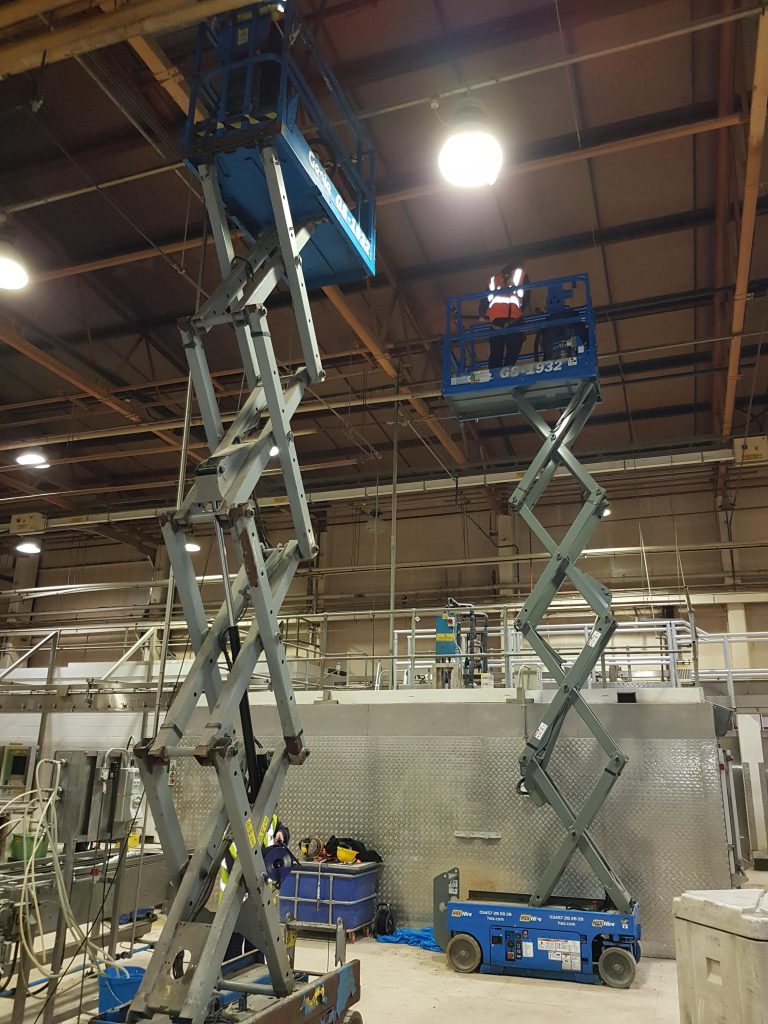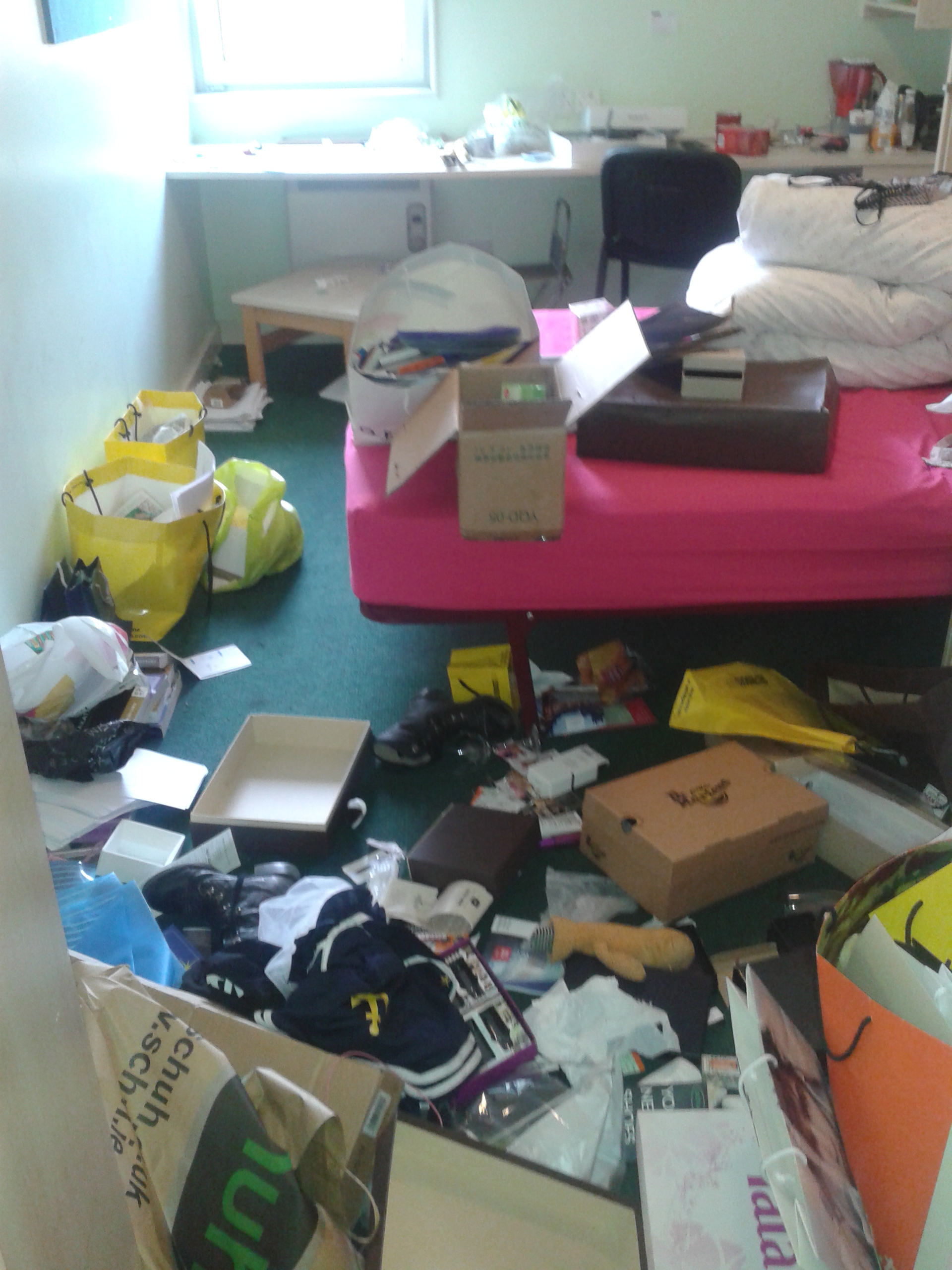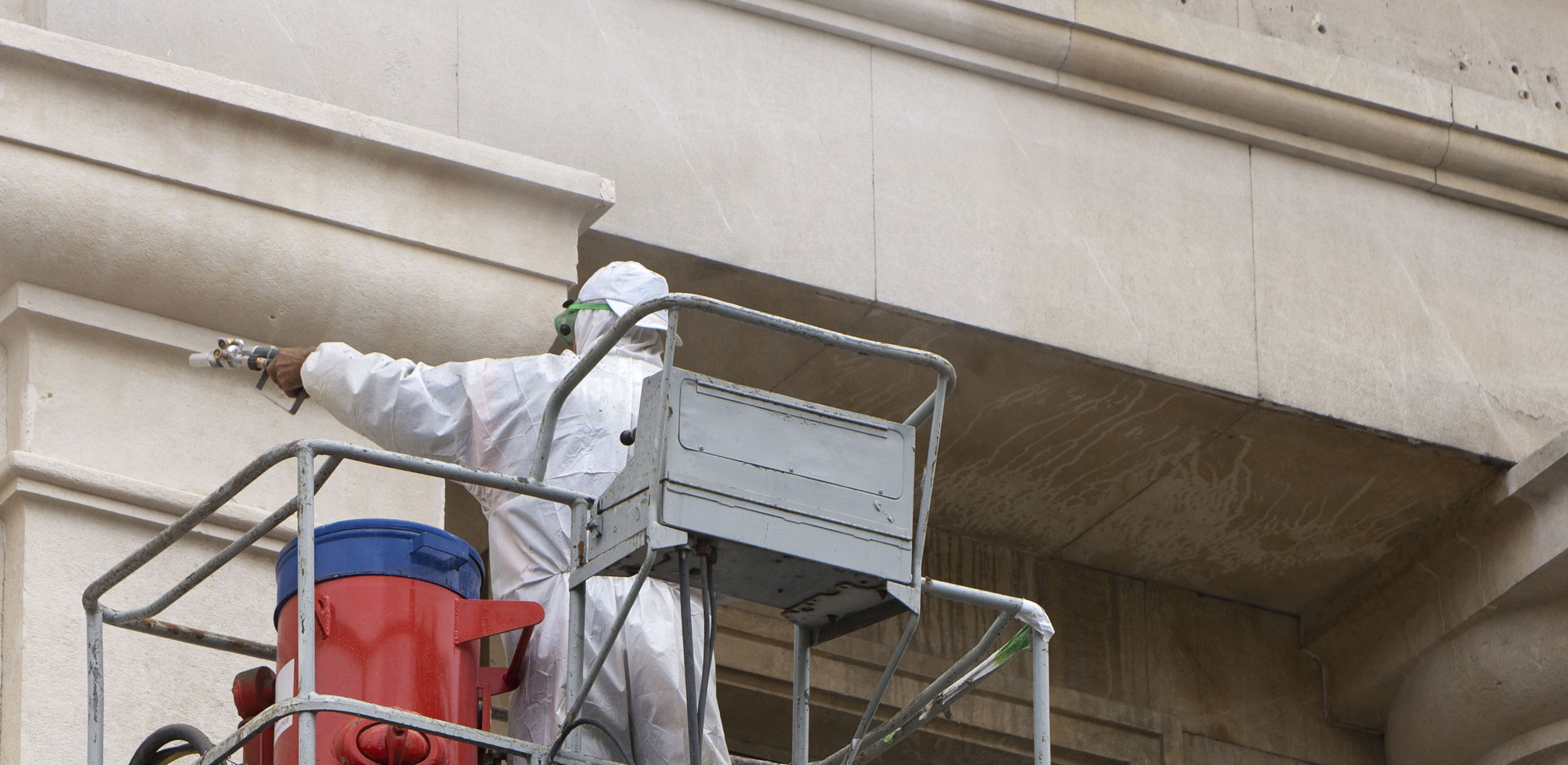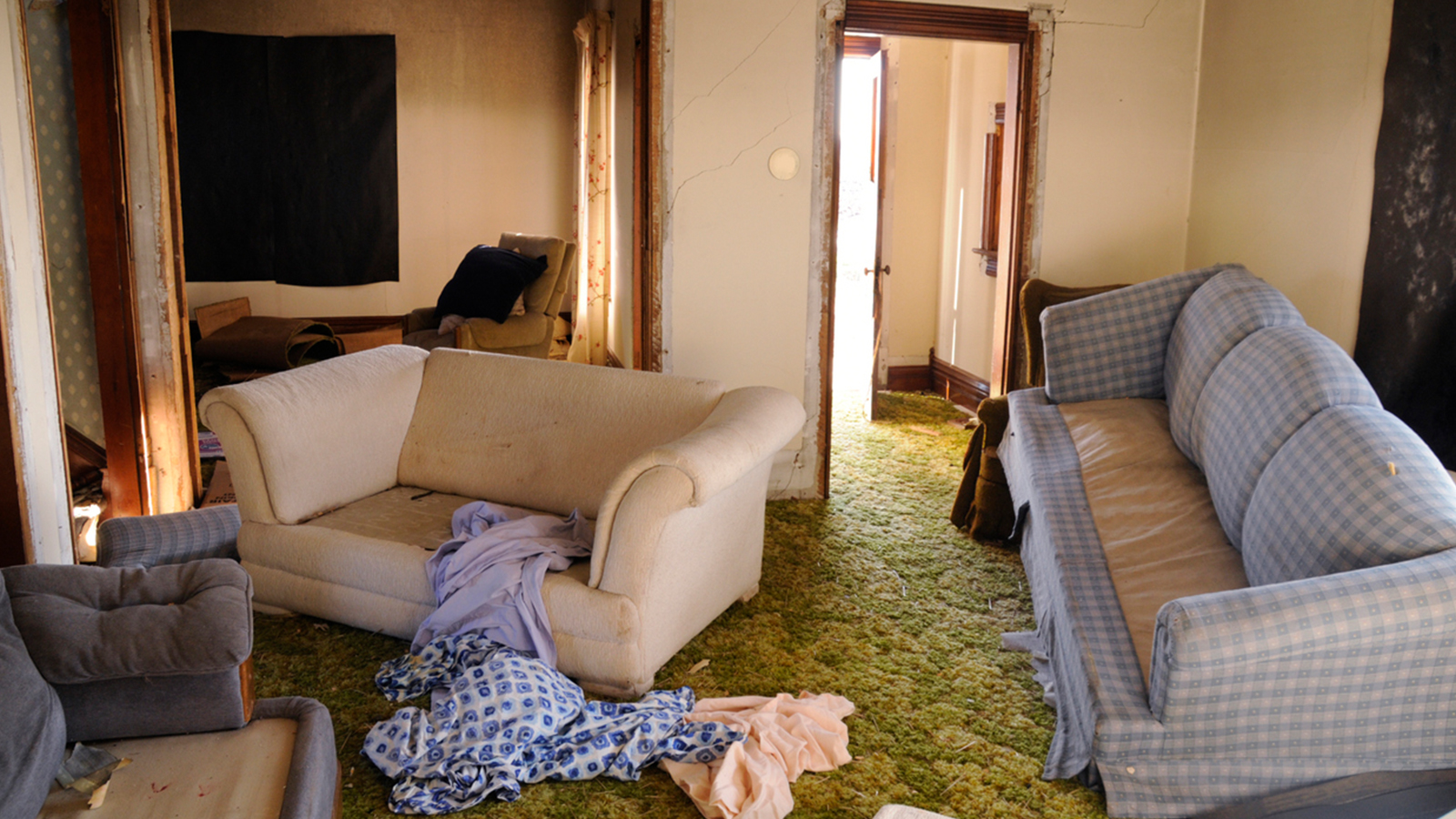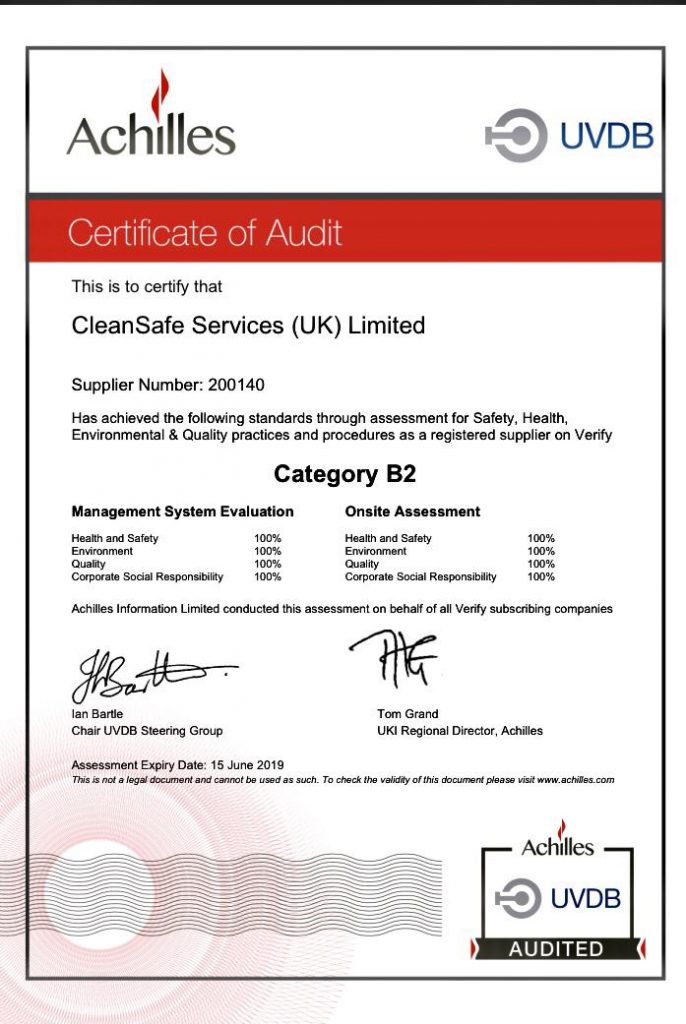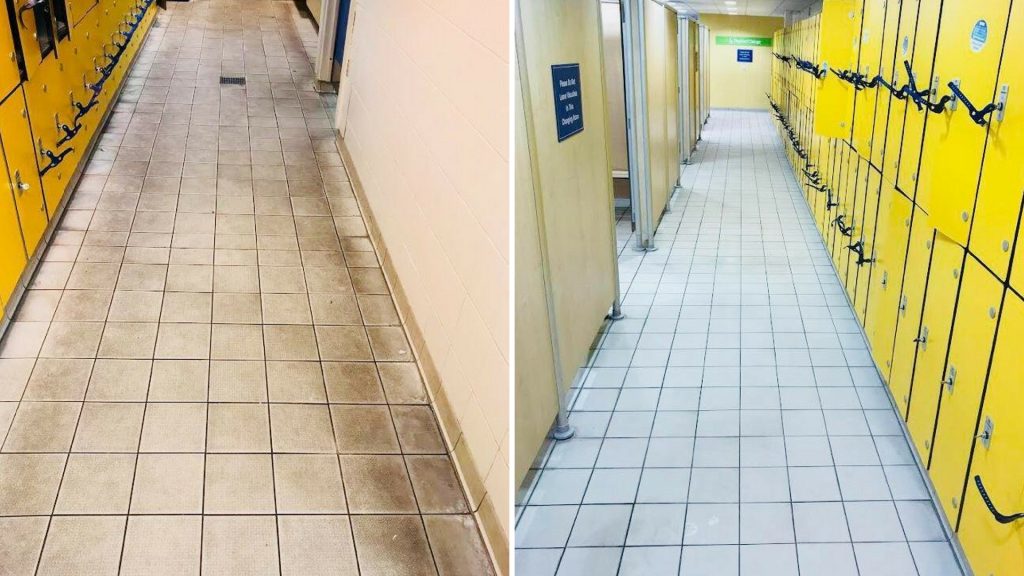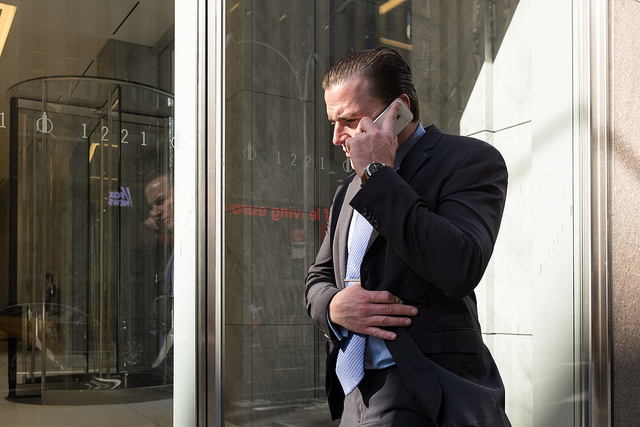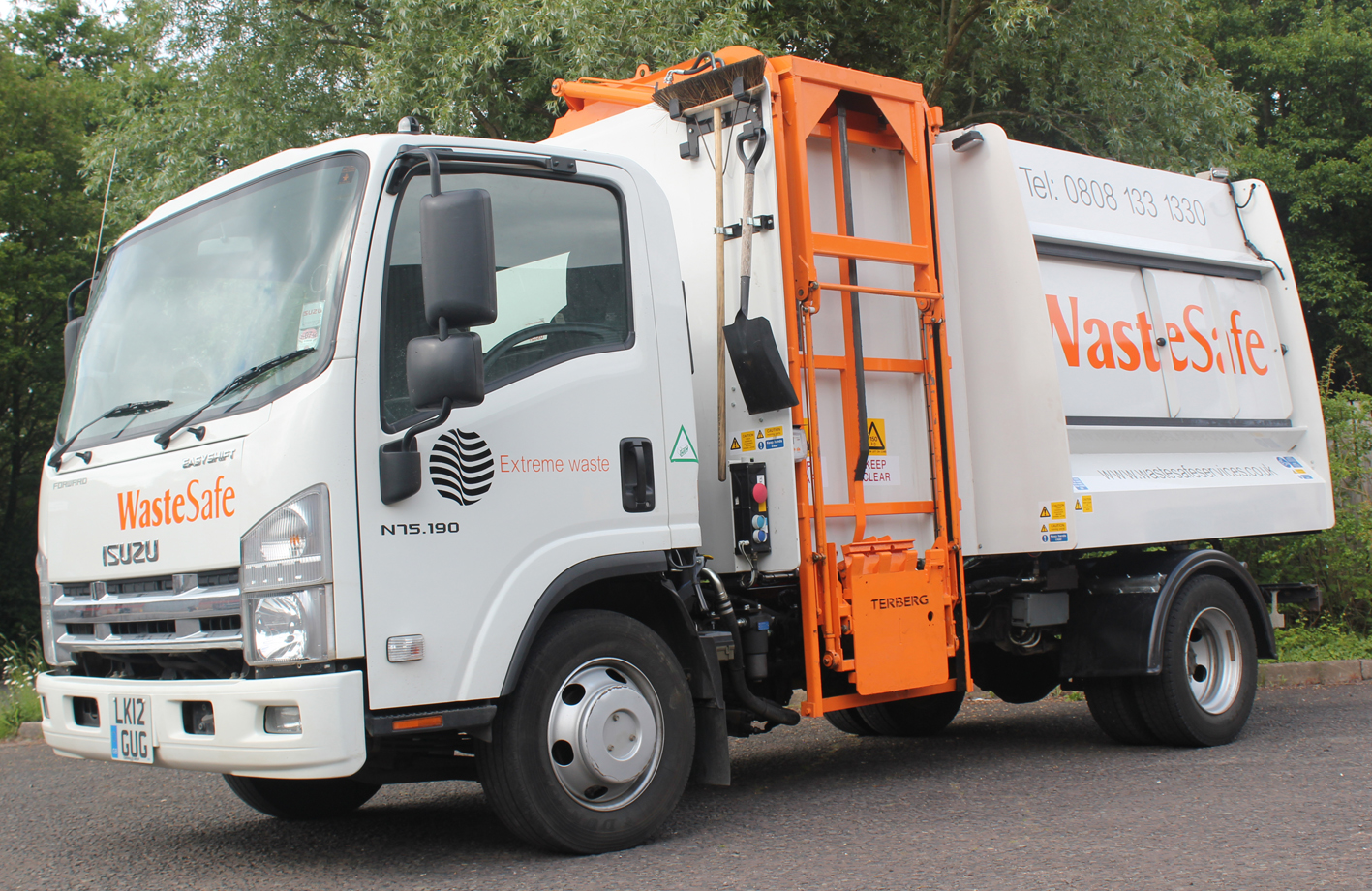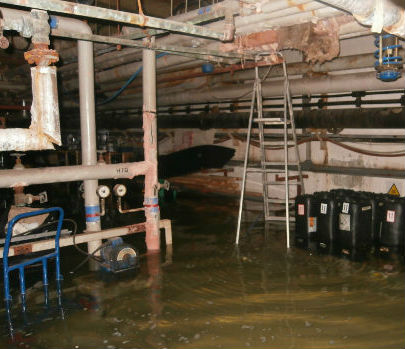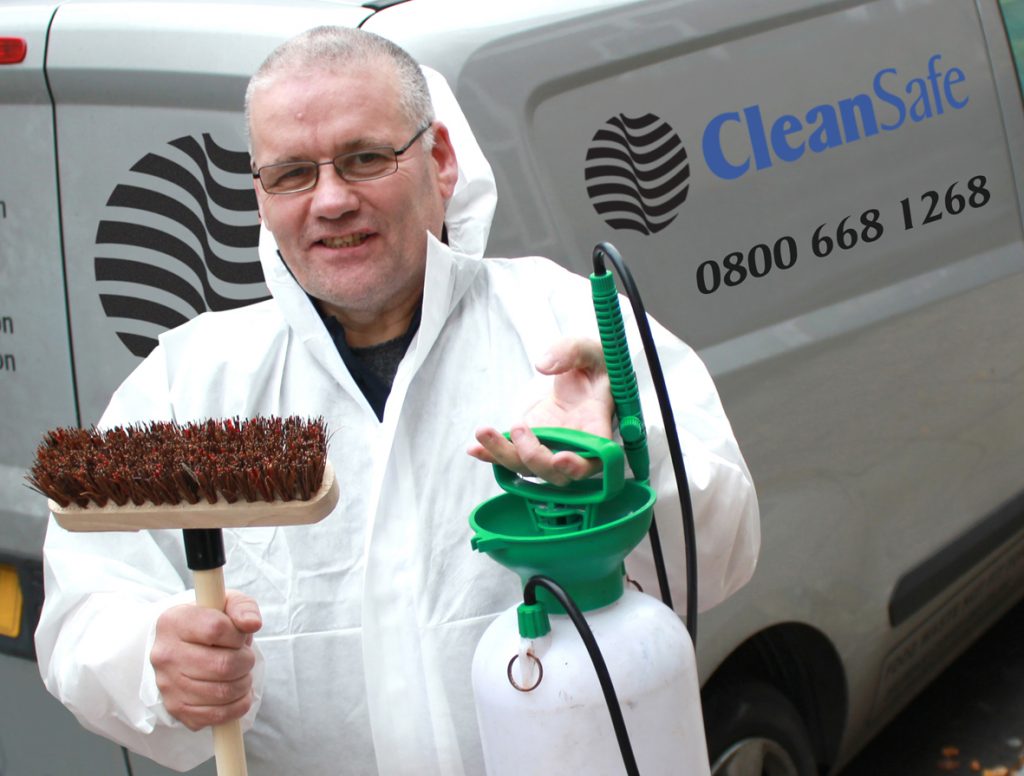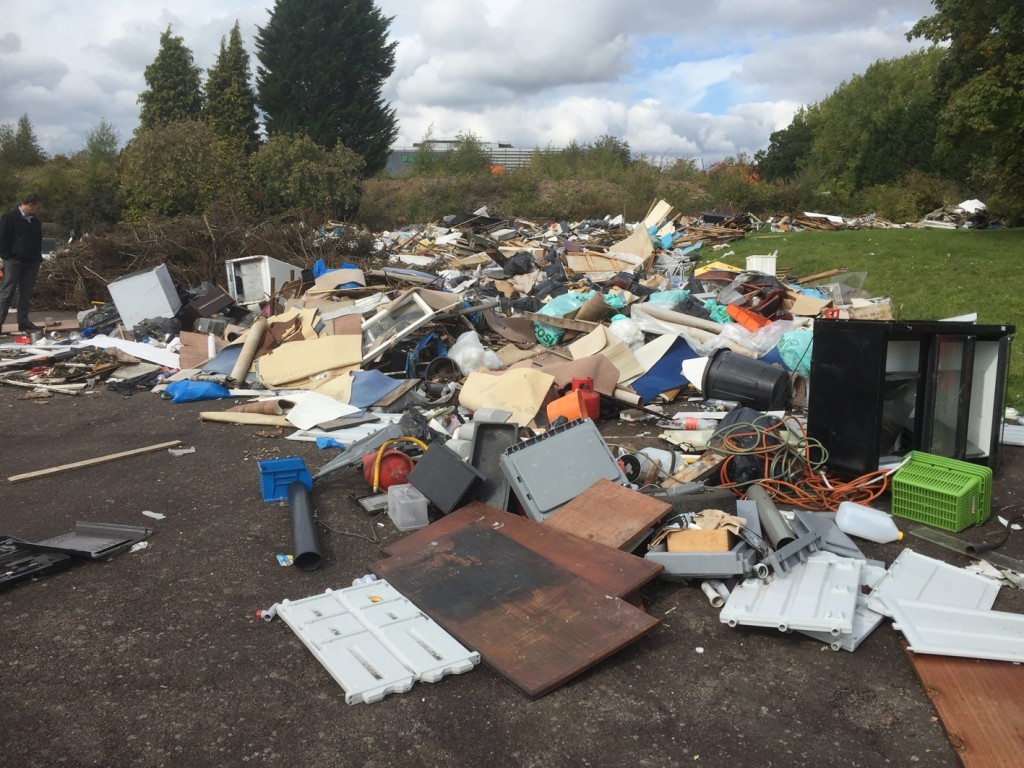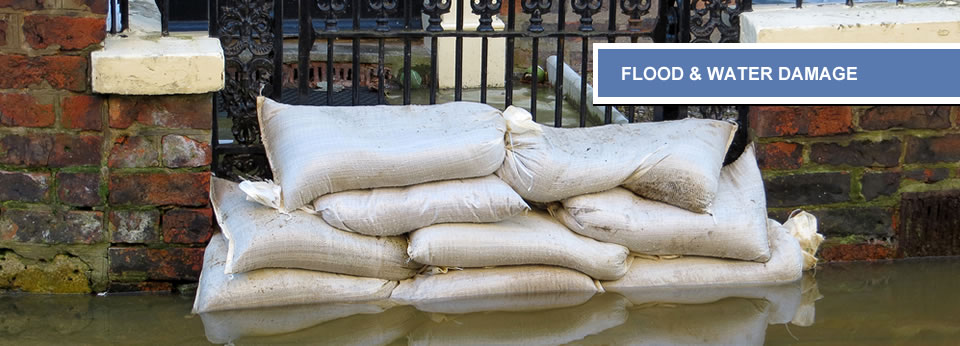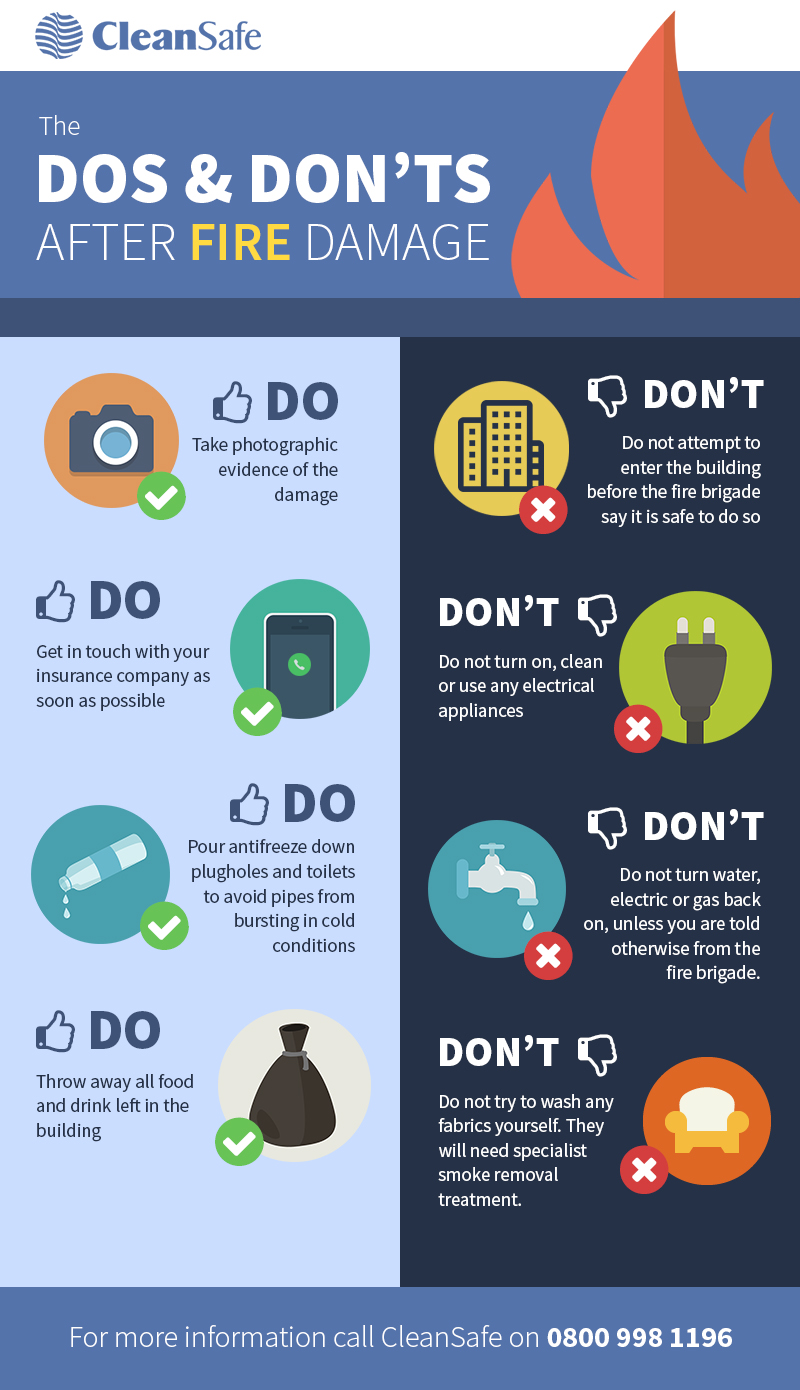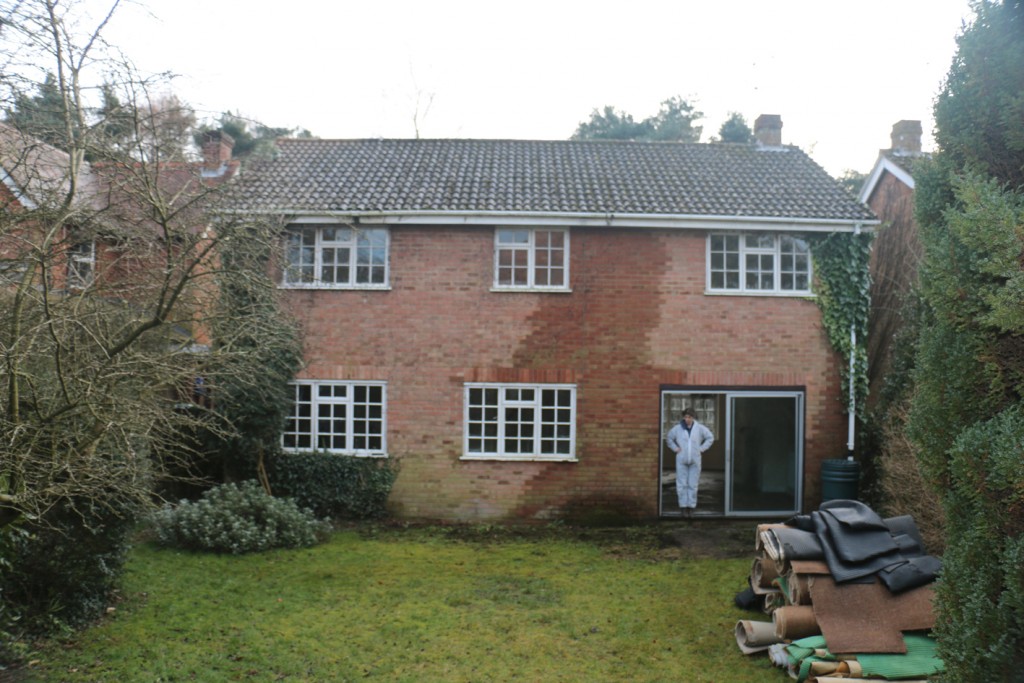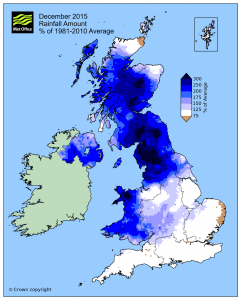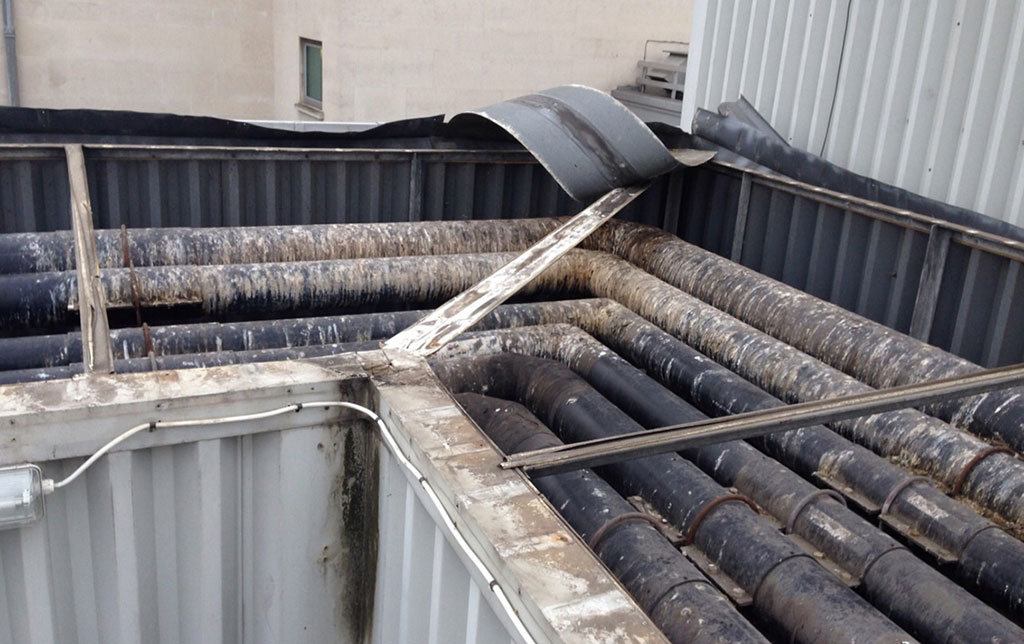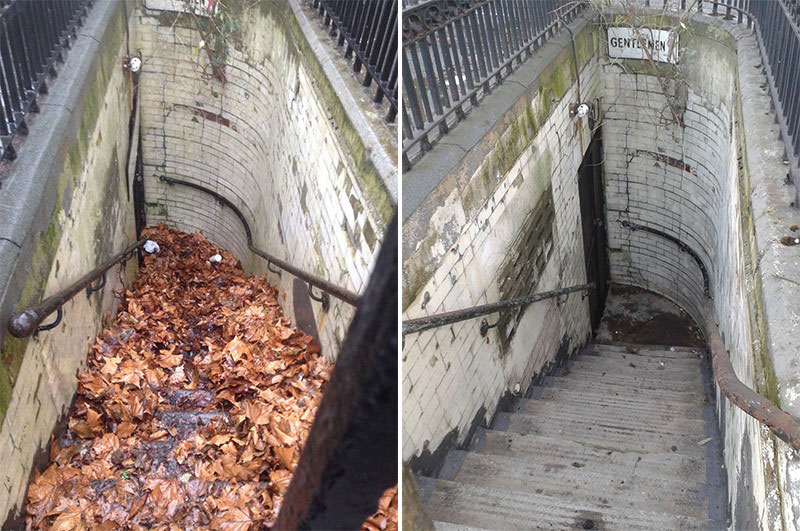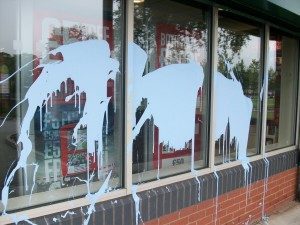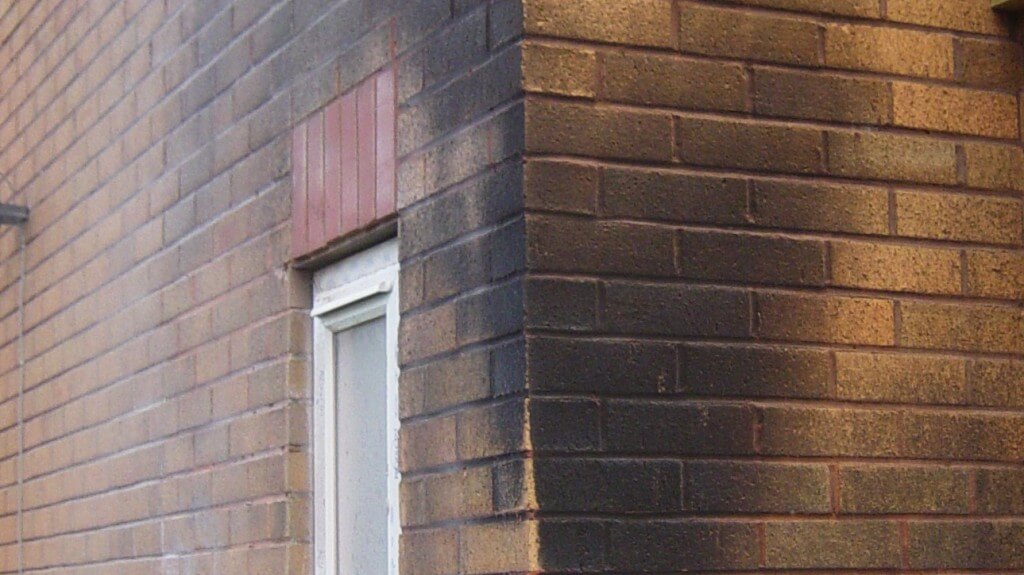Squatting is when someone enters a property deliberately and lives there, or has the intention of living there, without the permission of the property’s owner.
Someone who initially entered the property with the owner’s permission is not considered to be squatting. This means that a tenant who has fallen behind with rent payments but continues to live in the property is not a squatter.
Is squatting legal?
Squatting in residential buildings such as houses and flats is illegal and can result in a £5,000 fine, 6 months’ imprisonment, or both.
Squatting in non-residential buildings or land is not illegal, although it is a crime for squatters to:
- Cause damage in order to enter the property
- Cause damage while in the property
- Steal from the property
- Use utilities such as water and electricity without permission
- Fly tip
- Disobey a noise abatement notice
- Refuse to leave when instructed to do so by a court
It is also usually considered to be a crime if someone does not leave property or land when instructed to do so by the owner, the police, the council, or a repossession order.
How can you remove squatters from your premises?
You must never try to remove squatters yourself by force or by threatening force. This is a crime and you could end up in a lot of trouble.
Depending on the circumstances and how long they have been there, squatters’ rights may be enforceable. If squatters apply for legal possession of the property, you will be informed by HM Land Registry and must follow procedures to either reject the claim or come to an agreement with the squatters.
You can remove squatters by applying for an interim possession order (IPO) or making a claim for possession, which will require advice from a solicitor. You will have to pay legal fees and disbursements such as the court issue fee to do this.
What is an interim possession order?
An interim possession order (IPO) is an option that is available for private and commercial landlords to remove people who are occupying their property without their consent. It is considered to be a quicker method of getting squatters to vacate the premises than regular possession proceedings.
You can only apply for an IPO if it’s been less than 28 days since you found out about the squatters on your property. If it’s been longer than this, you must make a claim for possession.
You cannot use an IPO if you’re also making a claim for damages caused by the squatters, or if you’re trying to evict former tenants, as they are not classed as squatters. An IPO cannot be used to remove squatters from open land.
Following confirmation of the IPO, the court will send you documents that you must give to the squatters within 48 hours. Once the order has been served, squatters may be sent to prison if they don’t leave the property within 24 hours or stay away from the property for 12 months. Where an IPO has been granted, you can instruct the police or a private bailiff to remove the squatters if they have not vacated the premises in accordance with the order.
For more detailed information on the process to follow, visit gov.uk, which gives an overview of squatting and the law.
Squatter and vacant property cleaning by CleanSafe
If you’ve found squatters in your vacant property, get in touch with CleanSafe. We offer a professional squatter and vacant property cleaning service to ensure that your premises are clean, safe and fit for habitation.
Contact us online to find out more, or call us on 0800 668 1268.


